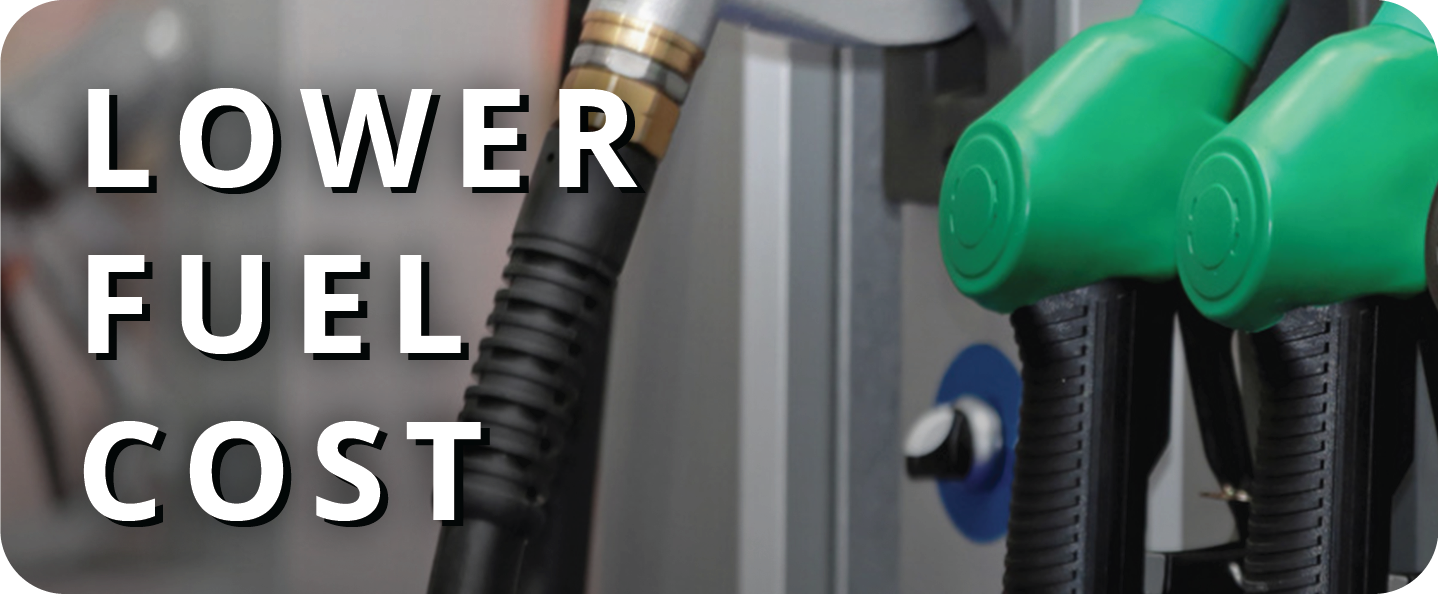Diesel displacement refers to the process of replacing diesel fuel with an alternative fuel source in order to reduce the amount of diesel consumed by a particular vehicle or machine. This is typically done in an effort to reduce greenhouse gas emissions and improve air quality.
Alternative fuels that can be used to displace diesel include compressed natural gas (CNG), liquefied petroleum gas (LPG), biodiesel, ethanol, and electricity (in the case of electric vehicles). In some cases, a combination of these fuels may be used, such as using biodiesel in conjunction with a hybrid electric engine.
Diesel displacement is often seen as a desirable strategy for reducing emissions in the transportation sector, as diesel engines are known to be significant contributors to air pollution and climate change. However, the effectiveness of diesel displacement can vary depending on the specific fuel source used, as well as the vehicle or machine in question.


































